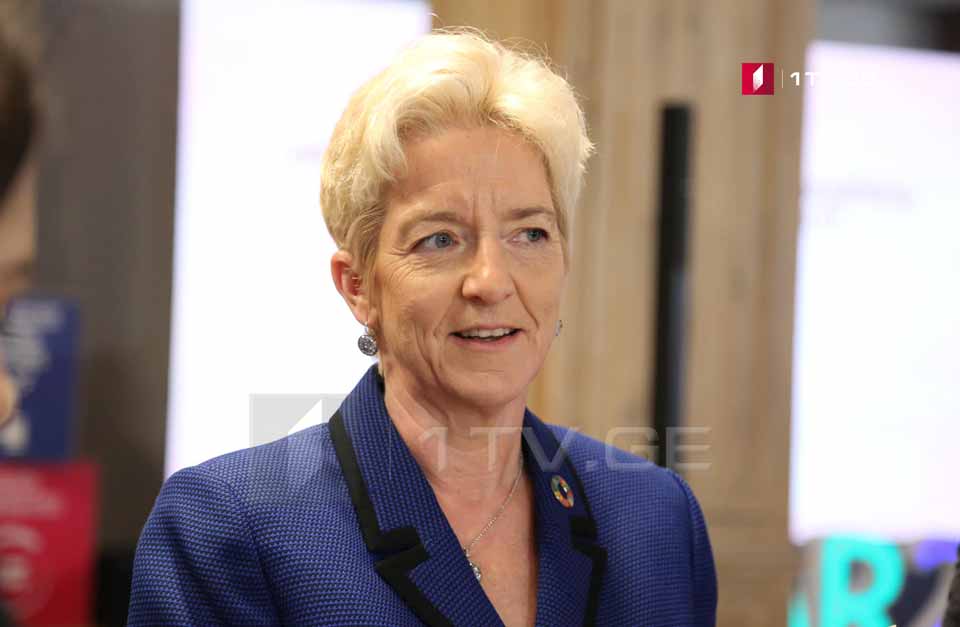Louisa Vinton: Georgia’s response to the pandemic undoubtedly saved many lives
Warning that COVID-19 is as much a development crisis as a health crisis, the United Nations system has issued a roadmap aimed at helping countries protect people from the socio-economic consequences of the pandemic while enacting recovery plans that remedy the inequalities it has revealed.
The new UN Framework echoes the spirit of the Sustainable Development Goals by calling on countries to ensure that the economic downturn and the interruption of social services caused by lockdown measures designed to halt the pandemic “leave no one behind,” especially the poor and other vulnerable groups.
UN work on socio-economic recovery will be supported by a new USD 1 billion trust fund, the UN COVID-19 Response and Recovery Fund. Georgia was one of the first 46 countries named eligible for this funding, and the UN team in Georgia is set to receive USD 1 million to protect vulnerable groups from COVID-19 shocks.
The Head of the United Nations Development Programme (UNDP) in Georgia, Louisa Vinton states that Georgia’s response to the pandemic undoubtedly saved many lives, and it will be studied in the future as a best practice. However, Vinton noted that the pandemic also revealed many shortcomings.
“Georgia’s response to the pandemic undoubtedly saved lives, and my prediction is that it will be studied in the future as a best practice,” said Louisa Vinton, UNDP Head in Georgia. “But, here as everywhere in the world, COVID-19 has also exposed social vulnerabilities and economic imbalances. UNDP therefore welcomes the resolve of Georgia’s leaders to go beyond ‘business as usual’ to design a recovery plan that builds on the positives and neutralizes the negatives to map out a path to a green, fair and inclusive future.”
Working closely with Government and donor partners, UNDP has already repurposed much of its annual USD 20 million programme in Georgia to assist in the pandemic response. Support has been provided in informing vulnerable groups and remote communities about COVID-19 risks and prevention; supplying Abkhazia and IDP communities with protective gear, medical supplies and other support; moving vital public services, training and business mediation support online; and issuing grants to protect rural livelihoods.

